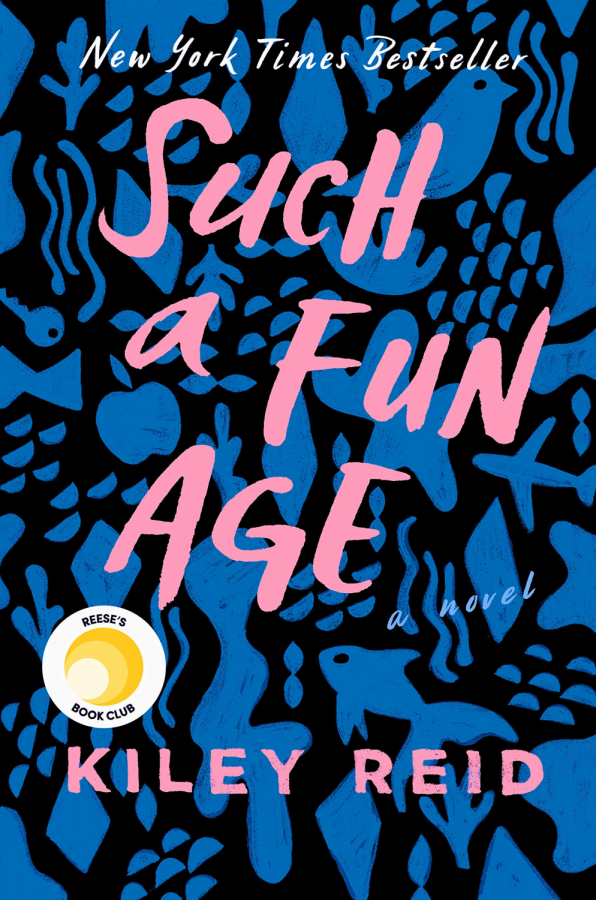Kiley Reid’s “Such a Fun Age”
When Kiley Reid’s debut novel “Such a Fun Age” burst onto the literary scene in December, publishers, critics and readers everywhere agreed that the author had cemented herself as a strong voice in contemporary American fiction. Even before publication, Reid’s novel was selected by Reese Witherspoon for her book club and by Lena Waithe for TV development. The novel, which is based upon Reid’s own experiences, is timely, poignant and thought-provoking, making it a truly fun novel.
Dancing through the aisles of a supermarket and entertaining the 3-year-old child she has babysat for months, 26-year-old Emira is suddenly racially profiled and accused of kidnapping the child. It’s 2016 in Philadelphia, and the entire incident is recorded on camera by a concerned white man in the crowd. The white onlookers beg Emira to post the video but, hoping to avoid the unwanted attention and added humiliation, she asks the man to email her a copy of the video and delete it from his phone. And so he does.
The looming presence of this video seems to travel into every word Reid writes. After hearing about the incident, the child’s mother Alix, who is white and a fervent Hillary Clinton supporter, jumps into action and begs Emira to publish the video. Even Emira’s boyfriend, Kelley, a white man who feels comfortable using the N-word in front of his mostly black friends, asks her to send the video to a news outlet. The video itself seems to loom over Emira’s consciousness with a constant fear that it will somehow be released and create a world of discomfort for her.
Reid’s precision in articulating Emira’s situation is chilling, and she carefully expresses the damaging effects of black women being ignored for white comfort. The one thing that relieves this tense situation is Briar, the 3-year-old Emira babysits, who Emira loves wildly. Briar acts as a point of comfort and humor throughout the novel. His innocence illuminates the absurdity of his mother’s actions to comfort Emira as she tries to return to normal life. What Alex sees as being helpful only adds to Emira’s pain.
Gripping and relevant, Reid carefully guides the reader through this experience in new and profound ways, one of which being Alix’s perspective. These masterful chapters cut into the psyche of liberal America, offering a wake-up call to the self-centric views of white feminism through the absurdity of Alix’s thoughts. The keen precision Reid offers in these chapters is not shocking or foreign but completely familiar, making Alix feel like a girl you may walk by on campus.
This familiarity makes Reid’s writing so poignant. There is no high language or extreme biases; she is just articulating a real-life situation in the terms that they exist in. Her prose is precise and easily digestible, making “Such a Fun Age” a novel that welcomes reality as an ally. It is this reality that drives conversations about race in Reid’s novel. Alix’s white, upper-class mentality makes the reader cringe while also making them empathize, creating a reading experience unlike most similar novels.
As a debut, “Such a Fun Age” has created a name for Kiley Reid, and made me — and many readers both across campus and the country — interested in what she has to say. You can pick up a copy of “Such a Fun Age” at your local bookstore.









































































































































































































